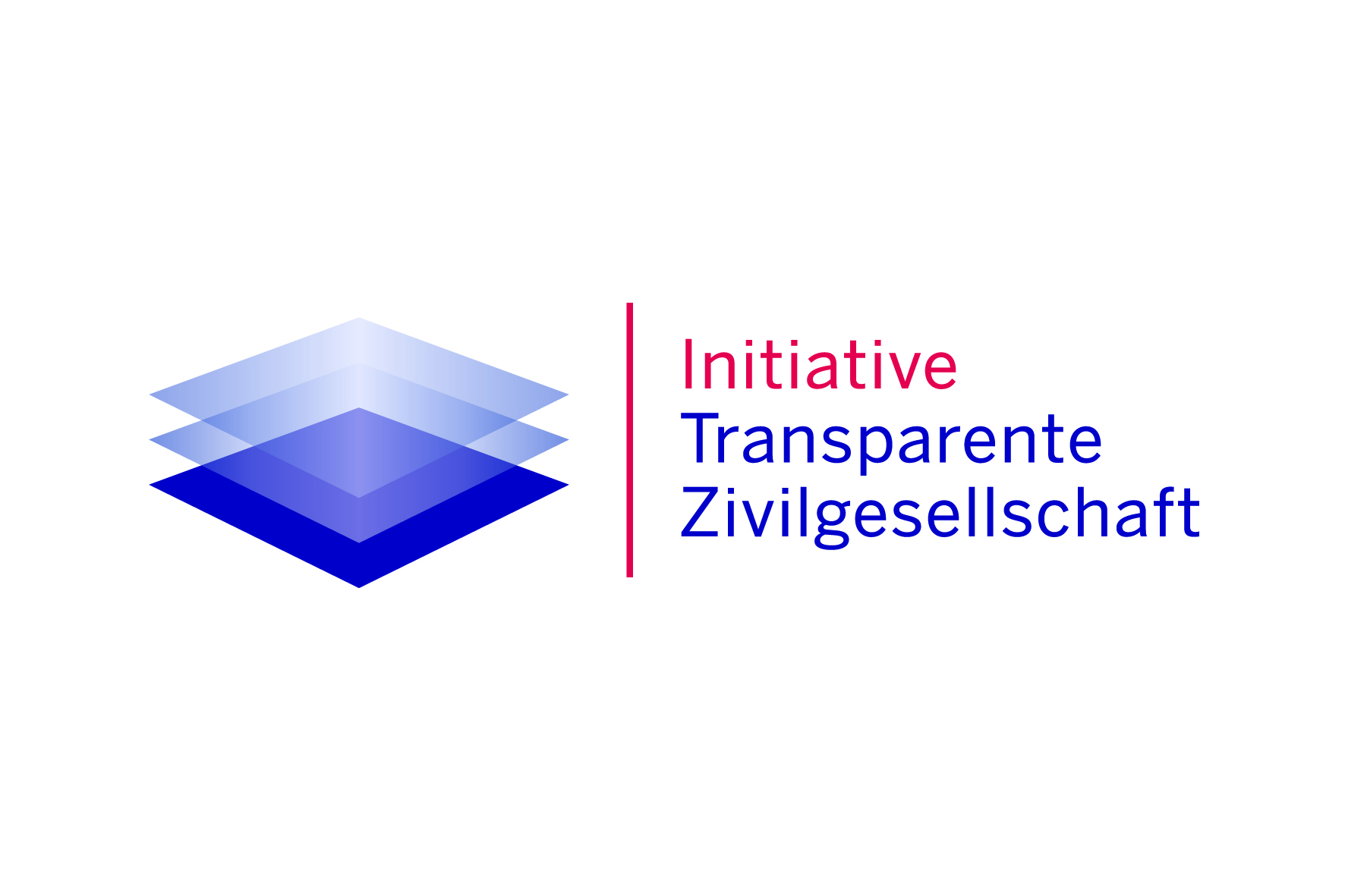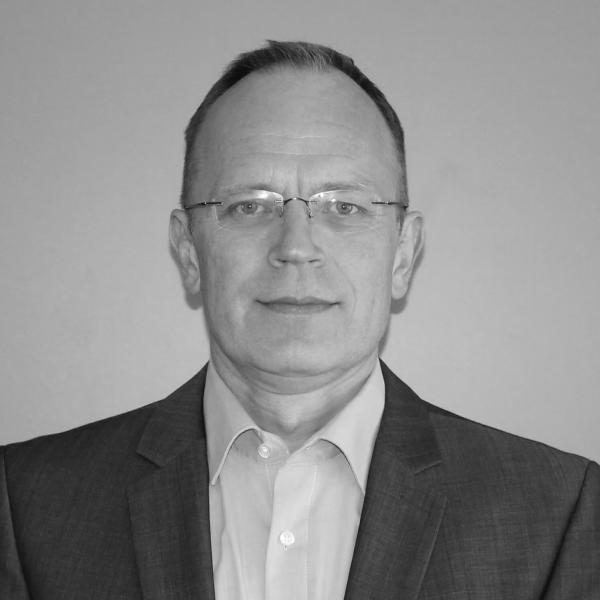We are committed to transparency!
The trust of our members, employees anddonors as well as of funders and friends of the AWO is most important to us. Transparency is inherent to how we see ourselves. Therefore, we have joined the Transparency International Deutschland e.V. In doing so, we commit to making the following information available to the public at all times.
Name, registered office, address and date of foundation
Name: Arbeiterwohlfahrt Bezirksverband Mittelrhein e. V.
Short name: AWO Mittelrhein
Headquarters: Cologne
The association is registered in the register of associations VR 5133 of the district court of Cologne.
Address: Arbeiterwohlfahrt Bezirksverband Mittelrhein e. V.
Rhonestraße 2 a | 50765 Cologne
Tel.: 0221 57998-0
Fax: 0221 57998-59
E-Mail: info@awo-mittelrhein.de
Year of foundation: Founding resolution and constituent meeting on 08.10.1949
Entry in the VR register on 04.08.1951
The AWO Bezirksverband Mittelrhein e. V. was founded on October 8, 1949.
It is organized under the law of associations.
Contact:
Complete statutes and details of organizational goals
The association statutes (german) function as basic constitution to the entire association.
The policy statement (german) incorporates our basic guidelines.
The statutes (german) regulate the association law applying to Arbeiterwohlfahrt Bezirksverband Mittelrhein e. V.
The AWO Governance Codex (german) regulates our association compliance guidelines.
Information on tax concessions
The Arbeiterwohlfahrt Bezirksverband Mittelrhein e. V. (tax number 217/5950/0788) is partially exempt from corporation tax pursuant to Section 5 (1) No. 9 of the German Corporation Tax Act (KStG) in accordance with Annex 1 to the notice for 2019 on corporation tax issued by the Cologne North Tax Office on August 5, 2021. In line with German law (§§ 51 ff. AO) our association exclusively and directly conducts and / or promotes the following charitable and non-profit purposes:
Promotion of welfare in general,
Promotion of the welfare of the youth and elderly,
Promotion of education and training
Promotion of civic engagement,
Promotion of international association and collaboration, tolerance in all areas of culture and specifically, intercultural understanding.
Promotion of development cooperation.

Name and function of key actors
The Bureau model (German ‘Präsidium’) makes it possible to separate the responsibilities for the operational business and the according liability from the performance of supervisory functions.
The Bureau Committee is elected for a period of four years. The 15 honorary members set the political guidelines and directionand act as supervisory body for the full-time Executive Board, which assumes the executive officiary activities.
The setup of the committee as well as the revisors is shown here.
Information on the association's executive board can be found here.
Further organs are the district conference and the district committee.
The setup of the district conference can be found in the statutes (§ 6, german).
The members of the District Committee according to § 9 of the Statutes are:
Members of the bureau committee
the* Equal Opportunity Officer with advisory function
the chair of the executive board with advisory function
two representatives of each district/regional association one representative of the district youth organization. A list of the members can be found here (German).
Activity report
The activities are presented in the Annual Report (2018-2019 report, page 10 et seq., german) and in the Management Report (2020 report, page 8 to 15, german).
Employee structure
The association employed 351.7 FTE (full-time equivalents = FTE) in 2020. Of these, 60.1 were male and 255.6 were female. In addition to 15.2 FTE in training, 1.3 FTE were in voluntary service. Of the employees in marginal employment, 6.5 were male and 22.6 were female.
A total of 134 people volunteered.
Sourcing and application of funds
The income and expenses for 2020 as well as explanations regarding significant changes in items are presented in the Management Report 2020 on pages 16 to 21.
The operating income acquired through other activities presented in the Management Report 2020 includes €130,956.73 in membership contributions, €705.84 in donations and lottery funds amounting to €587,902.56 from the non-profit sector. In terms of operating funds, €1,482,451.72 are to be accounted for by federal, state and municipal grantd. Here included are reimbursements in relation to COVID and training expenses.
The assets (use of funds) and liabilities (source of funds) of the balance sheet as of December 31, 2020, and the cash flow statement can be found in the management report on pages 22 to 26.
Shareholdings (german)
Annual payments that account for more than 10% of the total annual budget.
With the subsidiary AWO Gesellschaft für Altenhilfeeinrichtungen mbH (including AWO Gesellschaft für Altenhilfeeinrichtungen Aachen mbH, which has been merged in 2021), sales from rentals and leases as well as administrative services were generated in the financial year 2020, which amount to more than 10% of the total revenue.




